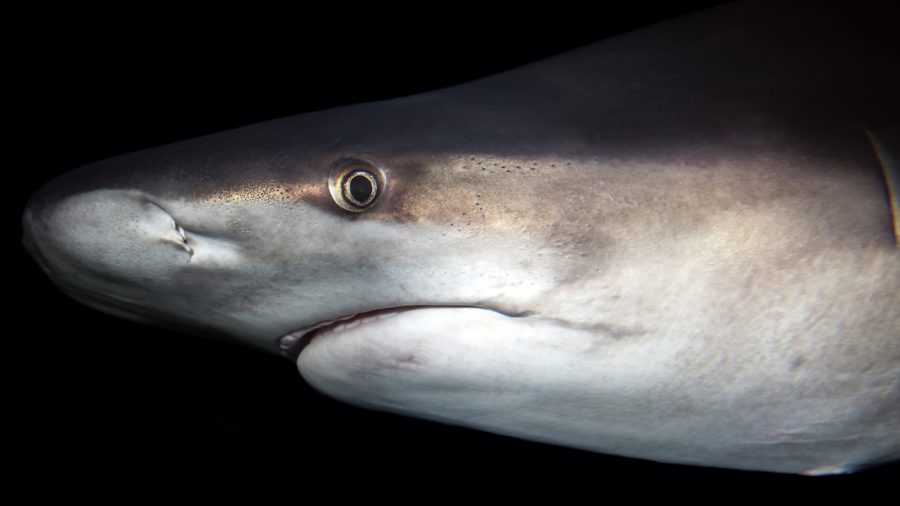A man has been charged for branding wild sharks with his personal insignia off the South Carolina coast.
Around two weeks ago, photos of sharks with a strange logo branded on them surfaced on the internet, leaving wildlife officials baffled. These images were originally posted to Boat Life of Charleston, a public Facebook group for South Carolina boaters.
Why would anyone brand a shark? pic.twitter.com/pLCbyPQVz7
— Tracking Sharks (@trackingsharks) May 22, 2019
The branding looks like either an encircled F or a J that is styled to resemble a fishing hook. It appears that someone either used a standard propane torch or “freeze branded” with dry ice, similar to how ranchers brand livestock for identification purposes.
Although the disturbing photos of mutilated sharks were taken down from the boating page, they circulated on social media. Many people, especially wildlife enthusiasts, found the practice unreasonable and cruel.
Wildlife officers from the South Carolina Department of Natural Resources (SCDNR) investigated the photos, and it did not take long for them to track down who was behind the branding.
According to SCDNR, the 56-year-old man was “cooperative” when confronted with the evidence and might “not have been aware the branding was illegal,” Fox News reported.
‘Branded sharks stir social media fury. @SCDNR wildlife officers hunt for suspect’ ~> https://t.co/wSUAHoEVJK #angling #sportfishing #AnimalAbuse pic.twitter.com/YjqHUefniU
— Blue Planet Society (@Seasaver) May 23, 2019
“The incident first came to DNR’s attention when concerned anglers contacted the agency’s Marine Division after they began catching sharks that appeared to have been marked with a symbol of some kind in the vicinity of Dewees Island and Isle of Palms and photographed them,” the department said in a statement, The Post and Courier reported.
Apparently, this kind of branding violates South Carolina’s state law by “tagging or marking and releasing of saltwater fish” in SC waters without authorization from the SCDNR. The charge is a misdemeanor that could result in a fine of up to $200.
The branding could also be potentially harmful to already overfished sharks, SCDNR’s marine biologist Bryan Frazier told Live5 News.
“It can definitely be harmful to the animal. In addition to causing pain to the animal, it damages the skin and secondary infection could weaken or cause the death of the animal,” said Frazier. “The species tagged, sandbar sharks, are currently overfished. The species is slow growing and slow to mature, making it vulnerable to exploitation. Recreational harvest of this species is prohibited.”
In fact, shark-tagging isn’t unusual, according to the National Oceanic and Atmospheric Administration. Scientists tag sharks as well as other marine life to identify and track them, obtaining valuable information. Iron-branding, on the other hand, has not been used by wildlife researchers or conservationists.

Hailed as one of the ocean’s top predators, sharks are a popular catch among some anglers and charter groups. Out of the world’s 400-plus shark species, at least 39 can be found off the coast of South Carolina, according to SCDNR.
Most species aren’t federally protected, but they generally are considered overfished worldwide, largely due to an illegal but extremely profitable trade in shark fins. In some cultures, shark fins are considered to have high monetary and cultural value.


